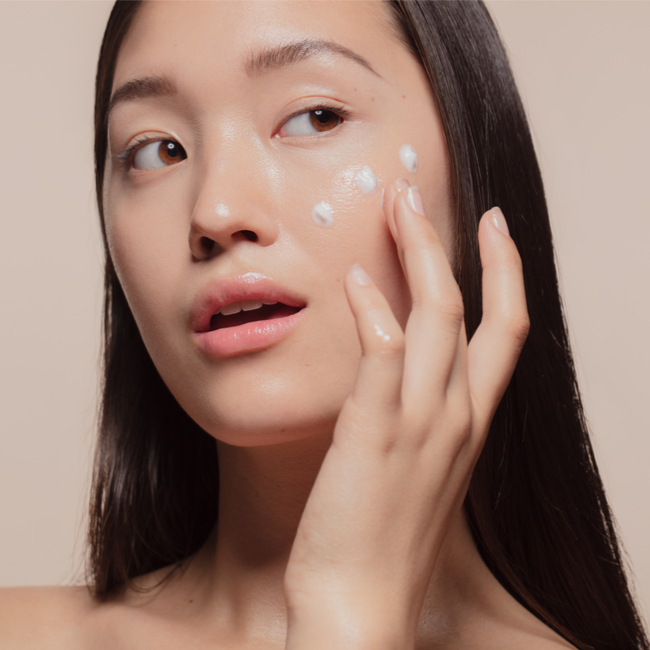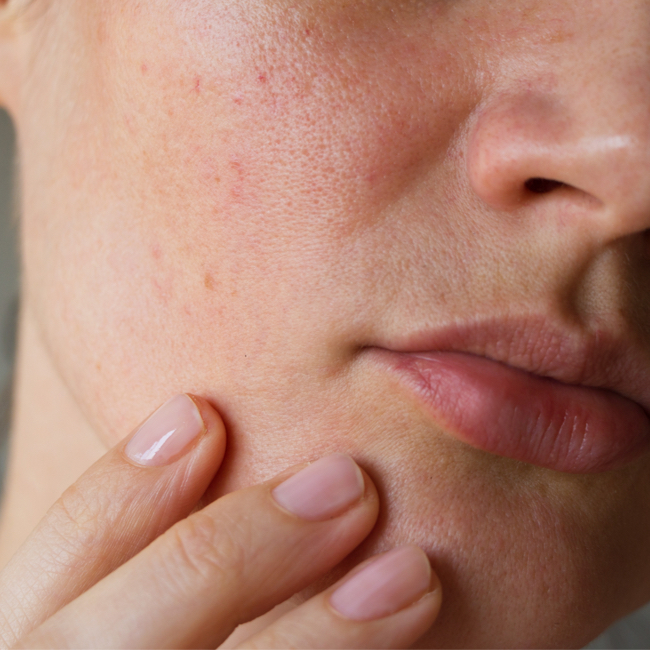While much of your skin texture and type is determined by genetics, there are some cases in which the exterior of your complexion is dictated by certain health conditions taking place inside of your body. If you’ve lived with dry sky most of your life and are suddenly experiencing an oilier base than usual, it may be worth looking into your overall health and taking your changing skin texture as an indication that something deeper may be going on. We checked in with board-certified dermatologist, Dr. Joshua Zeichner for a clear outline of what changing skin texture may be saying about your health status, and what you can do moving forward.


Oily Skin
If you’re experiencing excessively oily skin or an abnormal number of breakouts, Zeichner notes that this may be due to an imbalance of androgen hormones. “Hormones like testosterone and it’s more active form DHT simulate oil glands to go into overdrive, causing excessively oily skin and acne breakouts,” he explains. “Women with high hormone levels often suffer from irregular periods and hair growth in areas that men typically develop it.” Should you experience any significant changes in the oiliness of your skin, it may be worth checking in with a primary care doctor to make sure your hormones are healthy and in check.

Dry Skin
On the other hand, if you’re now experiencing unnaturally dry skin and flaky patches, while it may be due to the colder weather, it could also be related to changes in your internal health as well. “Extremely dry skin may be the result of hypothyroidism or dietary deficiencies,” warns Zeichner. “Thyroid hormone helps our body regulate daily functioning and has an impact on the skin. We know that no thyroid hormone levels are associated with thinning hair and dry skin.” However, another possible cause of increasingly dry skin is menopause, so taking age as a factor of your skin texture is also important before assuming your thyroid is out of whack.

Sensitive Skin
Particularly sensitive skin may be just that, or an indication of an underlying potential for allergy, explains Zeichner. “People with asthma, seasonal allergies, and eczema often are more at risk for developing skin allergies than other people. These allergies commonly develop after coming in contact with ingredients like fragrances or preservatives,” he adds. Having or developing more sensitive skin over time is not the most concerning skincare issue at the end of the day, but staying aware of the ingredients you’re using on your complexion is helpful for ensuring no further reactions develop in the future. As a general rule, eliminating fragrance from your skincare products will likely make the most significant difference in clearing up your appearance.


























